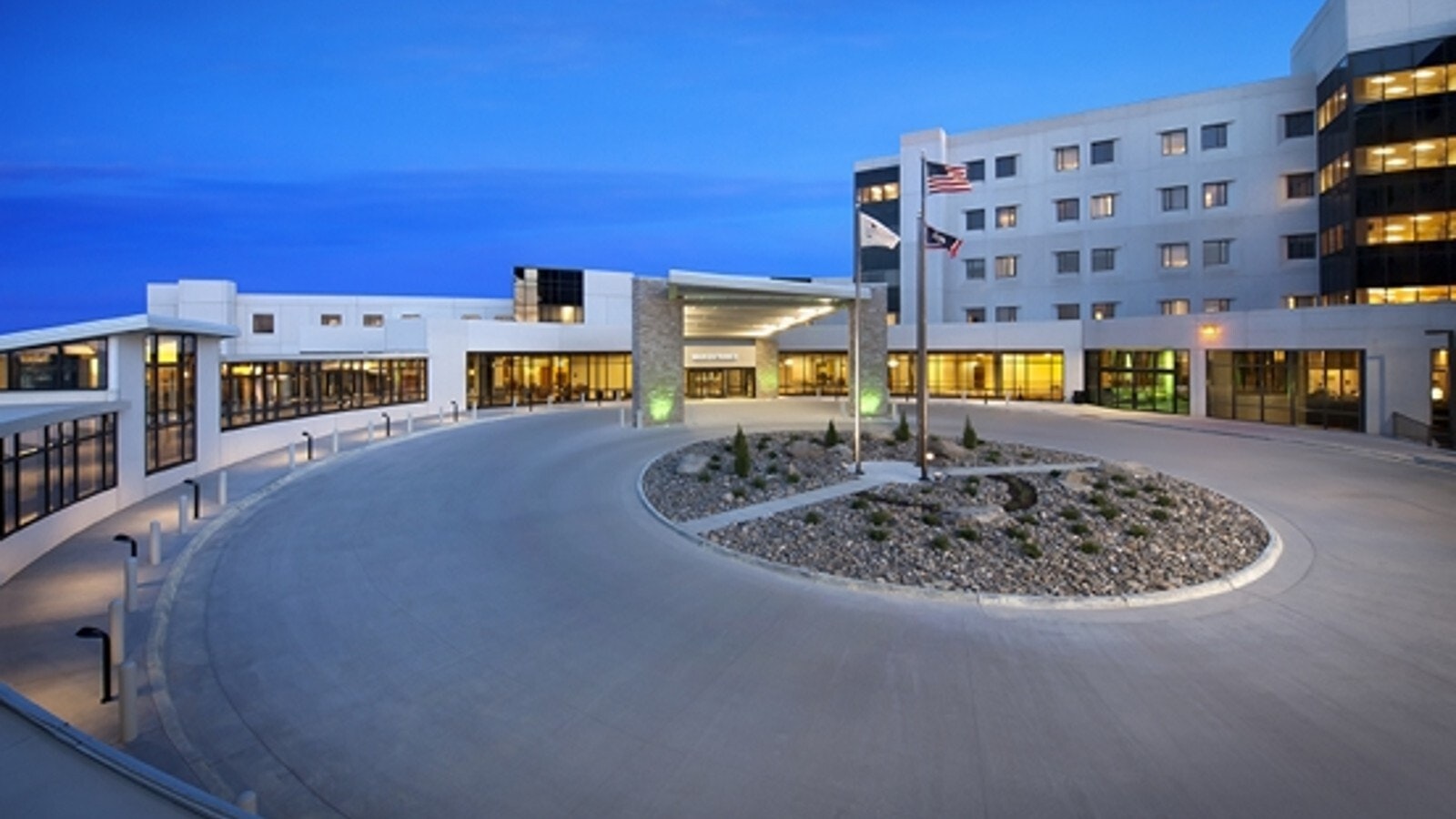Despite the Campbell County Hospital continuing to lose money, months after officials declared it was on a path to “financial insolvency,” its CEO is optimistic about the future, he told Cowboy State Daily on Thursday.
According to the hospital’s most recent revenue report, it lost around $34 million over the last fiscal year. The new one begins on July 1.
This is significantly higher than the projected $10 million in losses the hospital was expecting when spokeswoman Karen Clarke spoke with Cowboy State Daily in April.
Hospital CEO Matt Shahan told Cowboy State Daily that rural hospitals in Wyoming and across the country have been struggling and Campbell County Health is no exception.
“We continue to work with staff, providers, and subject matter experts to implement innovative solutions to control costs and maximize revenue-generating opportunities,” he said.
The hospital’s board of trustees will approve the organization’s latest budget on July 21, but all of the departments submitted their preliminary capital and operating budgets in April.
In May, the hospital’s CFO, Mary Lou Tate, “separated employment” from the organization. Her replacement has not yet been announced, but an interim CFO has been working to assist and finalize the budget process, Shahan said.
In March, hospital officials announced that financial projections showed that without decisive action, the hospital could be bankrupt by 2026, leaving thousands of people without emergency health care in Campbell County.
Hospital officials said at the time that the issue of financial troubles is one many rural health care facilities are facing across the country. The situation was exacerbated by the pandemic, which caused hospitals across the country to lose “hundreds of millions of dollars.”
Hospital officials said the issue of financial troubles is one many rural health care facilities are facing across the country and one that was exacerbated by the pandemic, which caused hospitals across the country to lose “hundreds of millions of dollars.”
Nineteen rural hospitals in the United States closed in 2020, and more followed in 2021, according to the University of North Carolina, which has tracked the number of rural hospitals in the nation since 2005.
The 19 closures in 2020 was the biggest loss of rural hospitals in a year since UNC began tracking those records.
In April, Clarke told Cowboy State Daily there were some misconceptions about the way the hospital was funded.
“One of the biggest misconceptions about CCH is that we are fully taxpayer-funded,” Clarke said at the time. “County and state funds account for approximately 5% of our revenue. So while Campbell County residents see $10 million going to CCH, that is only 3% of our operating revenue.”
Medicare, Medicaid and medical insurance make up most of the hospital’s revenues, Clarke said, but Medicare reimburses the hospital at a lower rate than medical insurance.
“Our aging population means there are going to be more and more Medicare patients, and those patients tend to be sicker,” she said. “Medicare reimburses at (87 cents per $1 spent) as opposed to $1.45 for commercial insurance As more competitors come into the market, they are going after commercially insured patients because they do not have to accept all patients.”
While the hospital accepts all patients, regardless of their ability to pay, administrators have to figure out what services the hospital can provide at a loss and which services need to be expanded through partnerships, business development and marketing.
Clarke pointed out that Wyoming has a higher rate of Medicare and uninsured patients compared to the national rate, with 16.2% of Wyoming’s patients being on Medicare compared to 14.2% nationally and 12.3% having no insurance, compared to 9.2% nationally.
Clarke said that the hospital is taking several steps to attempt to resolve the budget issues, such as affiliating with health care system UCHealth and collaborating with a company to resolve billing issues.
Reps. Eric Barlow, Bill Fortner, John Bear and Chris Knapp, all R-Gillette, all did not return Cowboy State Daily’s request for comment on the situation by press time.





